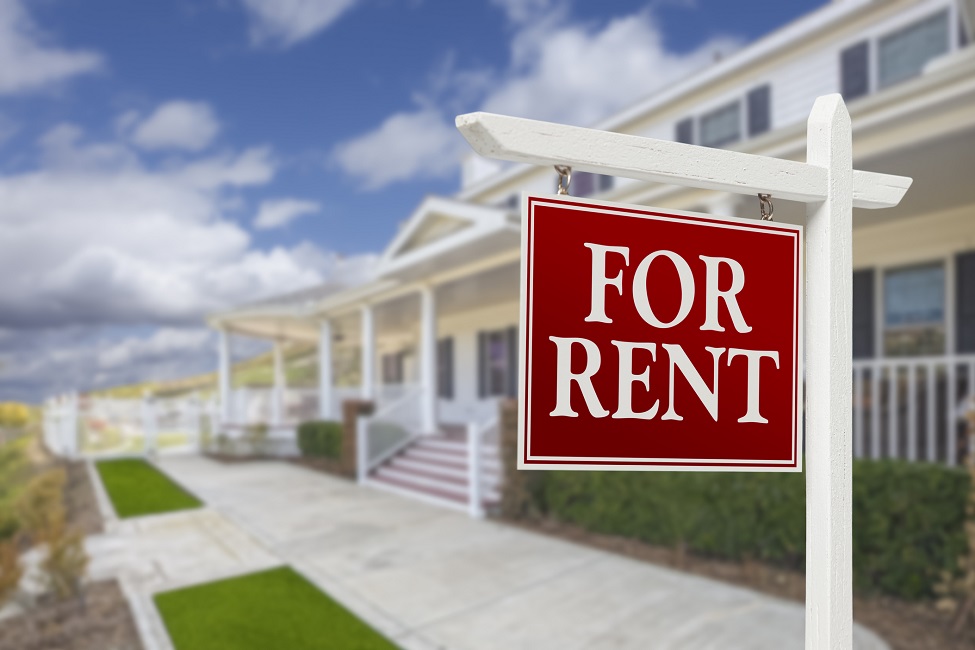Housing Index Shows Why More Consumers Should Rent Rather than Own

The traditional spring homebuying season is expected to be one of the best ever, but consumers in much of the country should give more thought to renting a home rather than owning one, say researchers at Florida Atlantic University and Florida International University.
Despite rapidly rising rents, prospective buyers in many U.S. markets could build long-term wealth as fast or faster by renting a similar single-family property and investing the money that otherwise would have been spent on owning.
Of 23 major metropolitan areas the researchers studied, 17 favor renting a property and reinvesting. The only six metro areas where buying and building equity beats renting are: Boston, Chicago, Cleveland, New York, San Francisco and Honolulu, Hawaii.
“Buying near the peak of a real estate or stock market is never a good investment strategy,” said Ken H. Johnson, Ph.D., a real estate economist and associate dean in FAU’s College of Business. “Even though rents are high right now and rising, renting becomes a hedge against locking in a home price that is too far above a market’s long-term pricing trend.”
Johnson and FIU’s Eli Beracha, Ph.D., and William Hardin, Ph.D., are the authors of the Beracha, Hardin & Johnson Buy vs. Rent Index. The quarterly analysis examines the entire U.S. housing market but focuses on the 23 metro areas, factoring in home prices, rents, mortgage rates, investment returns, home insurance and other costs.
The 17 markets where renting is better than buying are Atlanta, Cincinnati, Dallas, Denver, Detroit, Houston, Kansas City, Los Angeles, Miami, Milwaukee, Minneapolis, Philadelphia, Pittsburgh, San Diego, Seattle, St. Louis and Portland, Oregon.
Of those, Dallas, Denver, Houston, Kansas City and Seattle strongly favor renting because home prices in those metros are quickly skyrocketing, putting recent buyers in danger of serious price declines once those markets level off, the researchers said.
“If you have a good lease or own a home, it might be wise to simply move to the sidelines and let this storm pass,” Johnson said.
Homeownership once was considered the far better option than renting and reinvesting for building wealth, but the historic housing crash from 2006 to 2011 changed that perception for many Americans. Renters can more easily move for other jobs, but they also have less control than owners over their housing costs on a year-to-year basis, especially in today’s market that strongly favors landlords.
The BH&J Buy vs. Rent Index, first published in 2013, shows that even when home prices are rising, renting and reinvesting can be lucrative for disciplined investors.
Renting typically costs less per month than owning, after factoring in home maintenance costs, homeowner association dues and other fees. But renters who don’t invest that monthly savings in stocks and bonds might be better off buying because homeownership is a forced savings plan, the researchers said.
“Our index is showing you don’t need to be a homeowner to build a retirement nest egg,” said Beracha, director of FIU’s Hollo School of Real Estate. “But if you don’t think you’ll invest your rental savings, it’s better off to buy a home, especially if you plan to stay there for several years. Even if home prices fall, chances are values will rebound in the long run and allow you to do well in the savings game.”-FAU-
Tags: business | faculty and staff